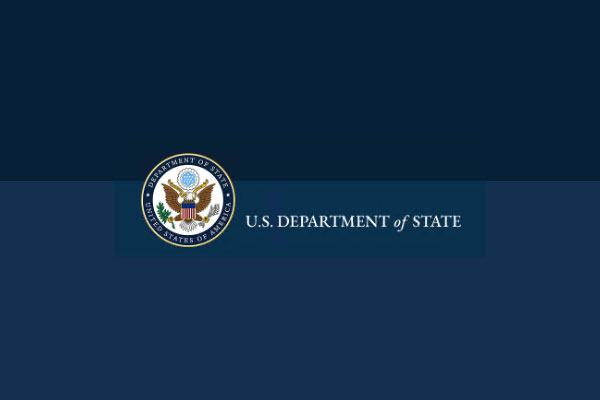1998 Global Terrorism – Latin America (State.gov)
Colombia's principal insurgent groups, the Revolutionary Armed Forces of Colombia (FARC) and the National Liberation Army (ELN), stepped up attacks against security forces and civilians in 1998, despite a budding peace process with the Colombian Government. They continued to conduct kidnapping, bombing, and extortion campaigns against civilians and commercial interests.
Bogota pursued peace negotiations while guerrillas launched a concerted offensive against police and military bases throughout the country. By yearend, the government had completed the demilitarization of five municipalities as an incentive for talks, which began in January 1999.
In March, FARC commanders announced they would target US military personnel assisting Colombian security forces, but insurgent attacks--including intensified operations against police and military bases--did not harm US forces. Colombian terrorists continued to target private US interests, however. Guerrillas kidnapped US citizens in Colombia and northern Ecuador, and the FARC refused to account for the whereabouts of three missionaries it kidnapped in January 1993. Guerrillas also continued to bomb US commercial interests, such as oil pipelines and small businesses.
Arrests in Peru contributed to the steady decline in Sendero Luminoso (SL) and Tupac Amaru Revolutionary Movement (MRTA) terrorist capabilities. Peruvian officials arrested two of the four original members of SL's Central Emergency Committee, which comprises the SL's top leaders. The SL failed uncharacteristically to commemorate Peru's Independence Day in July with even a low-level attack or to disrupt municipal elections in October. The MRTA did not launch a terrorist attack in 1998, continuing a trend of relative inactivity since the hostage crisis at the Japanese Ambassador's residence in Lima ended in April 1997....
Source: https://1997-2001.state.gov/global/terrorism/1998Report/latin.html
